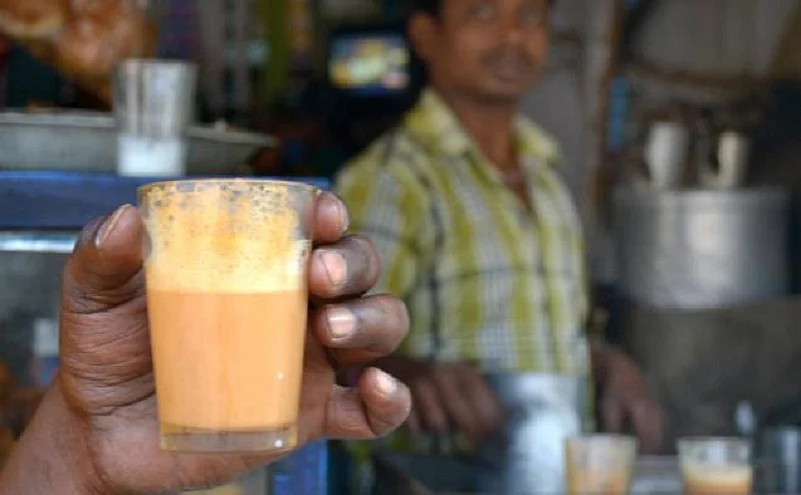While a majority of dalits are fighting to break caste barrier, this dalit MLA candidate from Uttar Pradesh continues to promote the age-old tradition of discrimination.
Rajvir Diler, a dalit BJP candidate from UP's Iglas town, sits on the floor everytime he visits the homes of upper-caste voters, refusing to break the caste-barrier which he calls as "paramparagat aadat" (family custom).
He has been fielded for the MLA position by Mohan Singh, Jat pradhan from Tochhigarh, who controls about 4,500 Jat votes. The reason behind projecting Diler is another dalit candidate who has been fielded from RLD, a party with a Jat majority, reports The Times of India.
Advertisement
Diler never forgets to carry a steel glass alongwith him everytime he visits a upper-caste voter's home so that he can drink tea without making their utensils impure.
The MLA candidate belongs to the Valmiki group which is considered as the lowest in the caste hierarchy. Diler's inherited the so-called tradition from his father Kisen Lal, who had served as an MLA for five terms and as MP for one term.
However, people from all castes love Diler because of his desire to follow the age-old practices.
Dalits, which form around 21% of Uttar Pradesh’s population, are sought after by all parties. BJP has named 80 Dalit leaders for the Uttar Pradesh assembly polls.
Advertisement
The New Indian Express reported that there are 66 Dalit sub-castes in UP. Six of them, namely Jatav-Chamar, Pasi, Dhobi, Kori, Valmiki and Khatik, constitute 87 per cent of the community’s population.
The remaining 60 Dalit sub-castes like Musahar, Sapera, Basor and Tantwa, in the words of social scientist Badri Narayan, are numerically meagre, spatially scattered and internally fragmented, making them electorally insignificant vis a vis the six predominant castes.




















